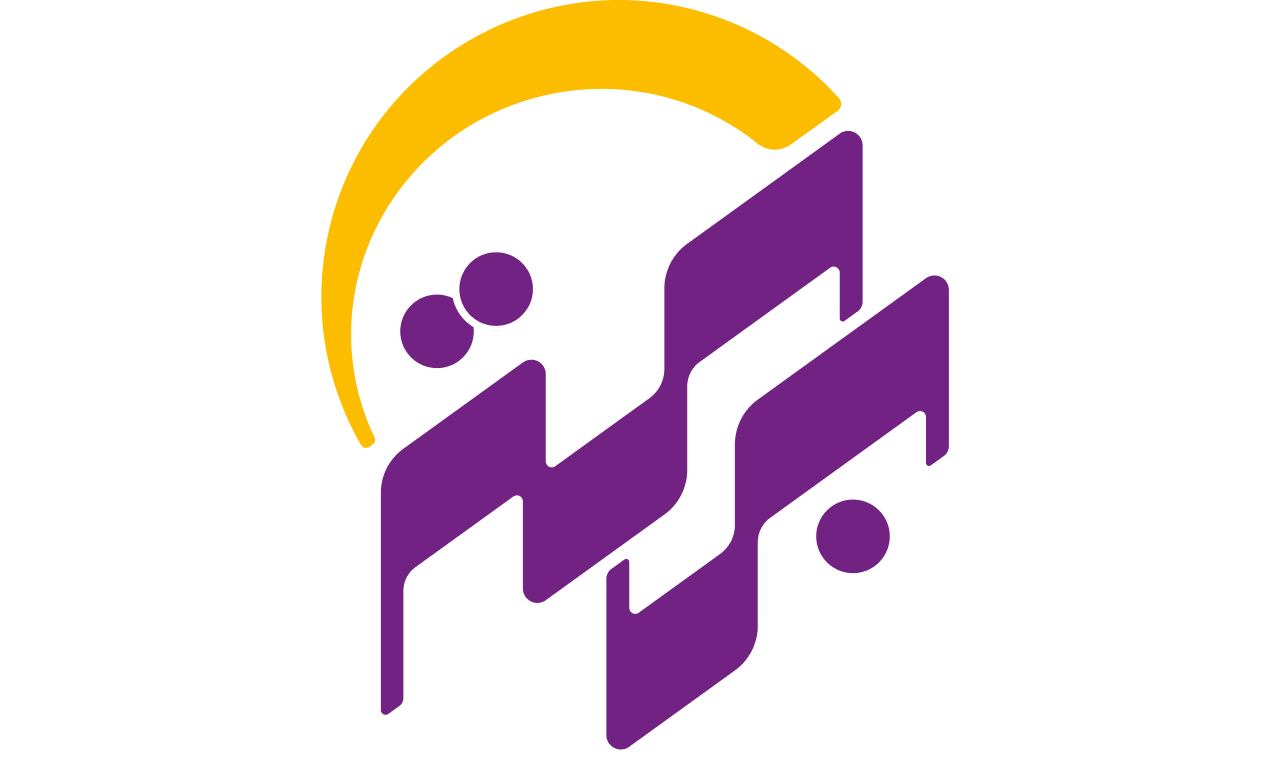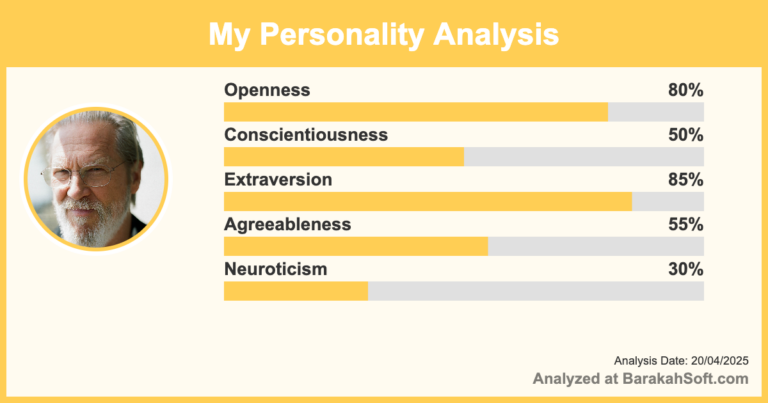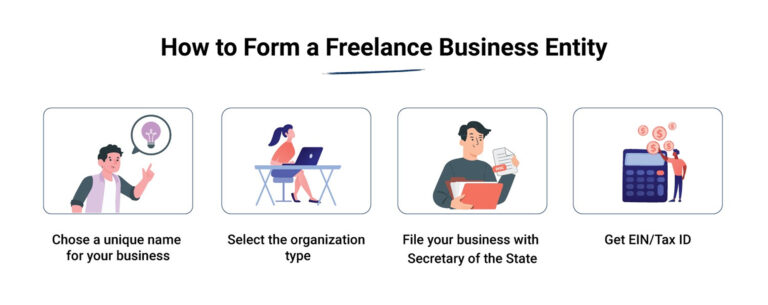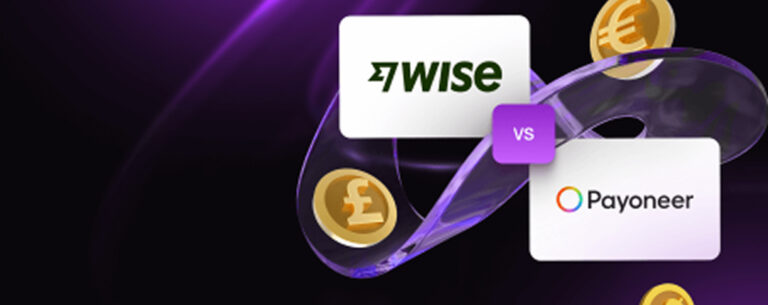If you’re freelancing online—whether you’re a developer, marketer, designer, or consultant—you’re probably protecting your data with backups, password managers, and maybe even a VPN. But what happens if your laptop is hacked and client data is leaked?
Cyber insurance is becoming essential, even for solo freelancers. It’s no longer just for big companies. In 2025, clients are more risk-aware, data laws are stricter, and cyber incidents are rising. If you’re handling sensitive files, logins, or customer data, you need to ask:
Would I be financially liable if something went wrong?
This guide breaks down what cyber insurance covers, when you actually need it, and which providers offer freelancer-friendly plans.
What Is Cyber Insurance?
Cyber insurance protects you against the financial fallout of a digital security breach. That could include:
-
A data leak
-
Ransomware or malware infection
-
Client data being exposed
-
Unauthorized access to sensitive accounts
-
Legal action from a client or regulator
It typically covers:
-
Legal fees
-
Fines or settlements
-
Data recovery costs
-
Notification expenses (required in many countries)
-
PR or reputation damage control
-
Income loss due to breach downtime
Why Freelancers Are Now at Risk
You may not think you’re a target—but freelancers are often the weakest link in a company’s security chain. Especially if:
-
You handle login credentials or admin access
-
You store PII (personally identifiable information)
-
You connect to client systems (CMS, CRMs, codebase)
-
You work with regulated industries (finance, health, legal)
Even a simple phishing email or leaked password could put you in the middle of a legal and financial nightmare.
Real Examples of Freelancers Needing Coverage
-
A freelance developer’s laptop is stolen with unencrypted client code
-
A designer accidentally uploads a malware-infected asset to a client’s site
-
A marketer’s Google account is hacked, exposing campaign data
-
A content writer uses an AI tool that reuses copyrighted content—client gets sued
-
A consultant stores emails or personal data in an unsecured Notion doc
Without cyber coverage, you could be liable for the full cost of cleanup, lawsuits, or contract penalties.
What Cyber Insurance Covers (and Doesn’t)
Covered:
-
Ransomware attacks
-
Unauthorized access or data breaches
-
Legal defense if you’re sued
-
Regulatory fines in some jurisdictions
-
Recovery services (IT forensics, restoration)
Not covered:
-
Intentional misconduct
-
Basic device loss without breach
-
Criminal prosecution
-
Old breaches that occurred before policy activation
Always read the fine print. Some insurers exclude freelancers unless they opt into specific coverage.
When You Should Get It
You likely don’t need cyber insurance if:
-
You only work on local documents
-
You never access client systems
-
You don’t store any user or client data
You should strongly consider it if:
-
You handle PII or financial info
-
You’re on retainer with large companies
-
Your contract includes security or compliance clauses
-
You’re storing sensitive files (HIPAA, GDPR, fintech)
-
You’re working remotely and frequently use public Wi-Fi or shared networks
Best Cyber Insurance Providers for Freelancers (2025)
1. Hiscox
-
Focus: Small business + freelancer insurance
-
Includes: Cyber liability, general liability, professional indemnity
-
Cost: ~$25–$50/month
-
Affiliate potential: High (via platforms like Policygenius, commercial lines brokers)
2. Embroker
-
Focus: Startups, remote workers, SaaS devs
-
Customizable coverage, transparent pricing
-
Great for developers, consultants, or designers
-
Instant online quotes
3. NEXT Insurance
-
Modern UI, fast setup
-
Offers tech-specific policies with cyber add-ons
-
Affordable and built for freelancers + solopreneurs
4. Thimble
-
On-demand coverage (hourly, daily, monthly)
-
Great if you only need it for specific projects
-
Ideal for freelancers who handle data occasionally
5. Cowbell Cyber
-
Specializes in cyber-only insurance
-
AI-driven risk assessment
-
Tailored to remote professionals and tech workers
All of these providers are either directly affiliate-able or can be included in tool stack roundups where affiliate programs apply (like NEXT via PartnerStack or aggregator platforms).
How Much Does It Cost?
Most cyber policies for freelancers cost:
-
$20–$80/month depending on coverage and region
-
Deductibles range from $500–$2,000
-
Some policies bundle general liability or errors & omissions
It’s not a huge expense—but it can save you from paying $10,000+ if something goes wrong.
Final Word
Freelancers move fast and wear many hats—but if you’re dealing with client data, you’re also holding risk. One mistake could cost more than your monthly revenue.
Cyber insurance is your safety net. It tells clients you’re professional. It protects your brand. And in a digital-first world, it’s no longer optional for serious freelancers.
























